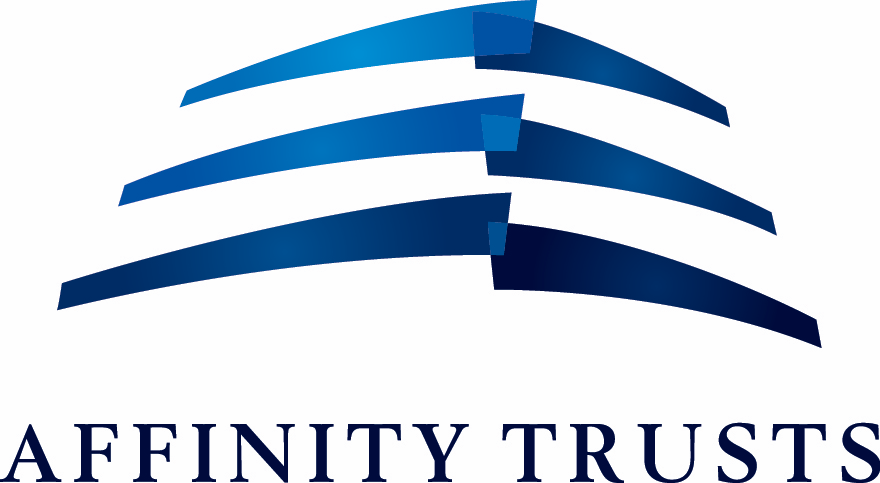
Comprehensive & Affordable Estate Planning Solutions

Estate Planning Overview
There is a perception that estate planning is only for the rich. This couldn’t be further from the truth. In reality, an estate plan is a critical part of ensuring that wishes are carried out should an individual become incapacitated or pass away. This applies to estates of all sizes, large and small, the elderly and the young. Each individual’s situation is unique; therefore it is critical to get proper legal, tax, and insurance expertise.

Revocable Living Trust
A simple will may be sufficient for small estates that are less than $100,000 in gross value. However, most clients today have assets in excess of $100,000 and would be wiser to create a Revocable Living Trust. Unlike a simple will, a Revocable Living Trust will not go through the probate process, thereby eliminating the unnecessary delay and expense of probate.
By avoiding probate, a Revocable Living Trust allows the client to pass control of his or her estate on to a selected individual referred to as a "successor trustee". The successor trustee is in charge of administering the estate for the benefit of the chosen beneficiaries. The successor trustee can be one person, or the client could select two or more individuals to act together as co-trustees, thereby providing assistance to each other as well as creating a check and balance system to ensure that the estate is administered properly. Often, a client may name his or her own children to act as the successor trustees of the Revocable Living Trust. If naming children is not possible, either because one has no children, or because the children are not old enough or competent enough to manage the estate, the client may consider naming a professional trustee.
Importantly, the terms of the Revocable Living Trust can accurately express the client's values and can provide the successor trustee with specific guidelines about how and when to distribute the assets to particular beneficiaries. Some children are more mature than others. Some are better at handling money than others. Some children or beneficiaries have very special medical or financial problems that should be addressed by the trust document. These special terms and provisions can be changed if the condition of the beneficiary changes substantially.
Revocable Living Trusts can also be easily changed or amended from time to time in order to more properly reflect changes in the family structure or in the family's priorities or distribution requirements. A person may even want to completely revoke or cancel his or her revocable living trust because of a divorce or some other unforeseen event.
The main advantage of the Revocable Living Trust is that it avoids probate and allows the estate to be administered by a family privately, without the interference of the probate court or government officials.

Pourover Wills
In addition to a Revocable Living Trust, a will is almost always created for each client, for additional purposes. For example, if a client has minor children, the last will and testament will name the guardians for the minor children (a provision that is not included in the Revocable Living Trust). In conjunction with a Revocable Living Trust, the last will and testament acts as a pourover will to the Revocable Living Trust, essentially transferring (or pouring over) into the trust any miscellaneous assets that have no beneficiary or that were not properly placed into the trust by the client.
Transfer Documents / Grant Deed
A basic estate plan should also include the transfer documents and grant deeds that will effectively transfer land, properties, buildings and houses into the client's Revocable Living Trust. Merely having a trust is not enough; it must be funded with one's assets to be effective. In addition to transferring land into the trust, a client should also transfer stock in any corporation, membership units in any limited liability companies, partnership interests, or any other business interests owned by the client, into the Revocable Living Trust, thus ensuring that those business entities will not be subject to an expensive, time-consuming probate.
Most accounts and other assets that would otherwise be subject to probate should also be transferred into the Revocable Living Trust to ensure that they can be administered privately by the Trustee for the benefit of the beneficiaries. Certain assets, like IRA's or life insurance, do not go through probate and need not necessarily be transferred into the Revocable Living Trust, unless doing so would facilitate a more orderly or controlled distribution.
Durable Powers of Attorney
An illness or medical emergency can also render one incapable of handling financial or business decisions. For this reason, basic estate planning always includes a Durable Power of Attorney for Asset Administration, designating one's chosen agents, those individuals who will be empowered with the authority to continue to make financial decisions until the client recovers.

Advanced Health Care Directives / Living Wills
The creation of a simple Advanced Health Care Directive will provide a clear line of decision-making authority for the family if a health or medical emergency occurs rendering one incapacitated. This Advanced Health Care Directive is actually a durable power of attorney for health care showing who the client wants to make important medical decisions if the client cannot communicate with the physicians himself or herself. It also includes a special provision that sets forth one's preferences about artificial life support, as well as other medical instructions. Often a HIPAA form (Health Insurance Portability Authorization Act) will accompany the Advanced Health Care Directive, supplementing the documentation intended to facilitate the convenient communication between physician and family in times of crisis.
Please remember that this information is provided in the spirit of public education, not as legal advice. If you require legal advice for a particular situation, you should consult with an attorney.

